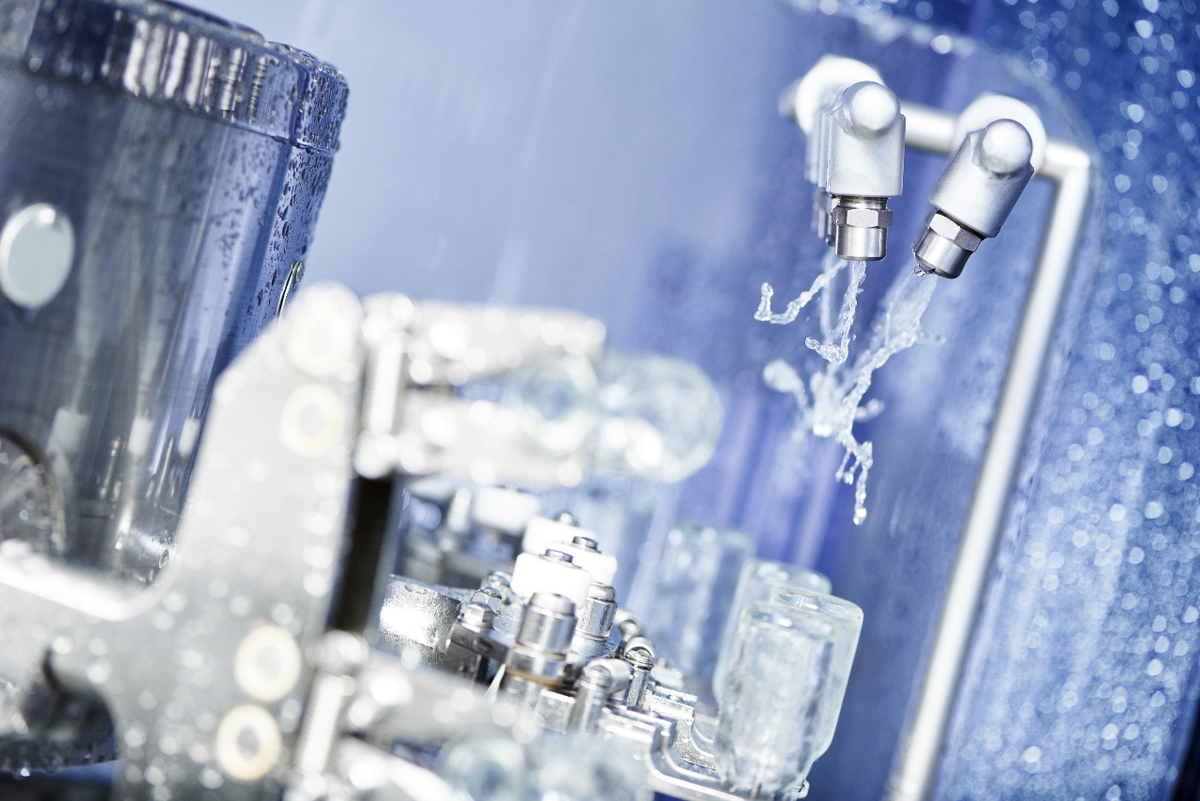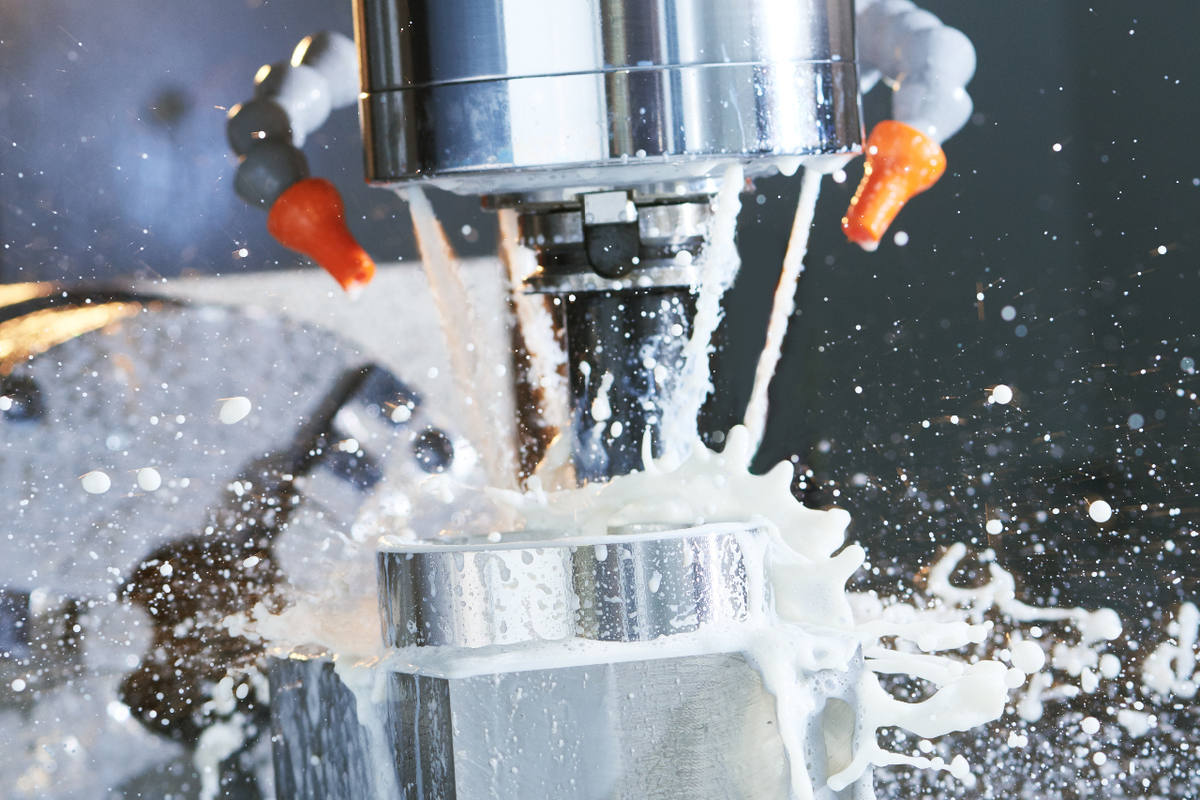

Nearly all metal components require surface preparation to clean and remove oil, grease or smut from the surface.
Degreasing is an essential step in the surface finishing process of manufacturing automotives, appliances, electronics and other applications. As metal components are often coated, painted, plated or welded, it is critical to remove any foreign contaminants that may affect the adhesion of a coating or the quality of a weldment.
Mass finishers have several fast, cost-effective ways to clean metal components at a mass production scale. However, not all oils are created equal. It is important to select a part-specific mass washing method that will remove grime efficiently without damaging the underlying parts.
Latem Industries offers a wide range of component cleaning processes to meet virtually any requirement. These are three of the industrial parts washing methods we use in our mass finishing operations:
- Auger Wash
- Ultrasonic Wash
- Conveyor Wash
1. Auger Wash
Imagine the agitator on an old school washing machine turned on its side and 20 feet long. With this thought in mind, you now have the idea of how an auger wash operates.
First, components are loaded into the auger. Next, we add solvent-based or solvent-containing cleaning agents designed to remove water-insoluble substances such as grease, oils, waxes, tars and fats.
The components then begin a long, 20’ spiral of washing and rinsing. Once the cycle is complete, the parts are off-loaded to an in-line drying oven.
The auger wash is ideal for washing large quantities of smaller components. However, due to the aggressiveness of this method, it is not as well-suited for delicate parts.
2. Ultrasonic Wash
Ultrasonic washing uses cavitation bubbles created by high-frequency sound pressure waves to agitate a liquid. The components are placed in a basket and lowered into a transducer, which creates ultrasonic waves. The combined force of the agitation and cleaning agents creates pressure to force oil, grease and smut adhering to metal to be removed.
One of the advantages of ultrasonic sound waves is that they penetrate through cracks and recesses to completely clean every facet of a part. Ultrasonic wash is also ideal for delicate parts, as the cleaning is created solely by sound waves. In addition to cleaning metal components, this versatile part washing method can clean components made of plastic, ceramic and glass.
Latem Industries’ ultrasonic wash department includes two ultrasonic stations: one for general cleaning purposes and the other to achieve specific cleanliness specs. Our technicians use a state-of-the-art particle analysis system to ensure parts are completely clean at a microscopic level.
3. Conveyor Wash
As the name suggests, this mass washing method is completed on a conveyor line. Components are loaded onto the line and then travel through a massive, 50’ cleaning chamber that uses high-pressure wash from all directions to remove contaminants.
Conveyor washing is incredibly versatile as it can accommodate both large and small components. In fact, components up to 4’ tall and up to 15’ long can simply and easily be cleaned in conveyor wash.
Ask the Mass Finishing Experts
From large and complex to small and delicate, Latem Industries offers a cost-effective solution to remove contaminants from any component.
To discover more about the many options we offer for cleaning your components and to receive a no charge quotation, contact us online or by phone at 1-866-543-3334.

